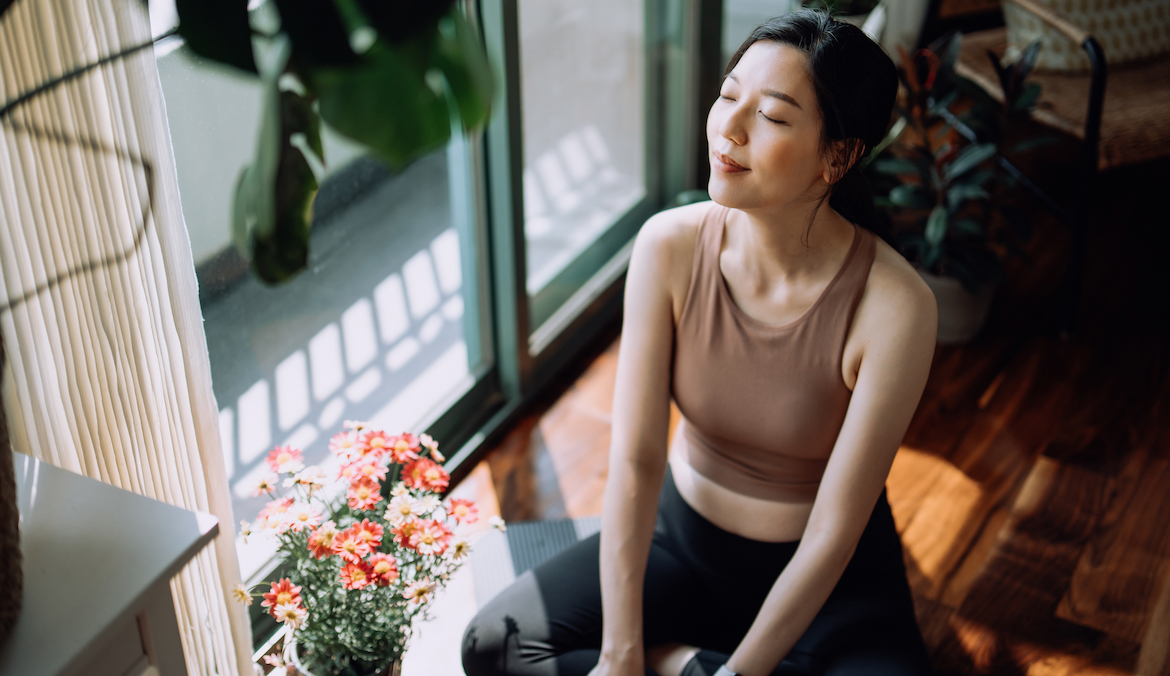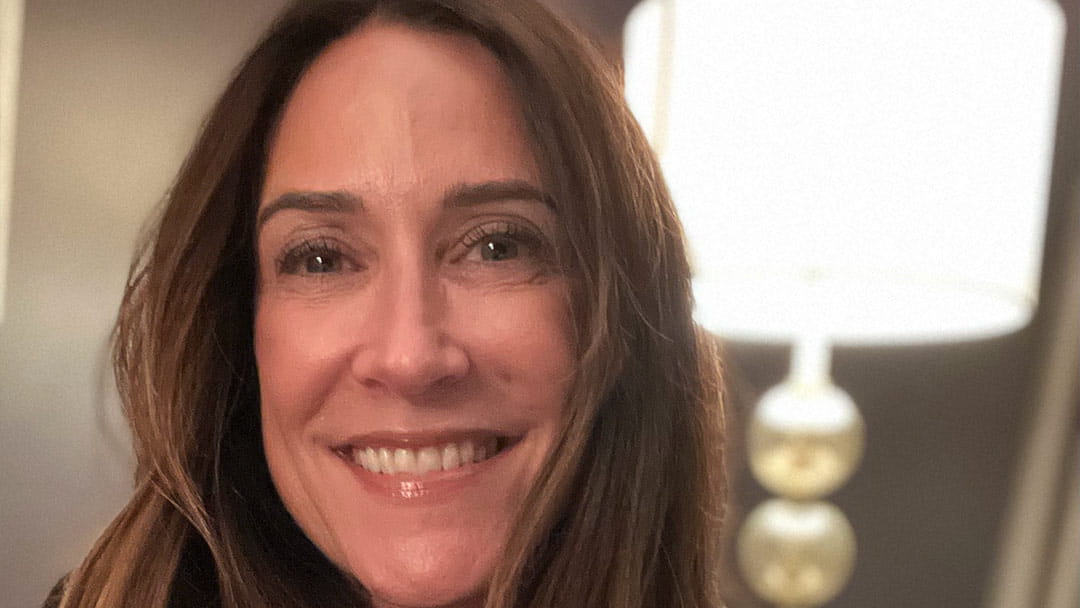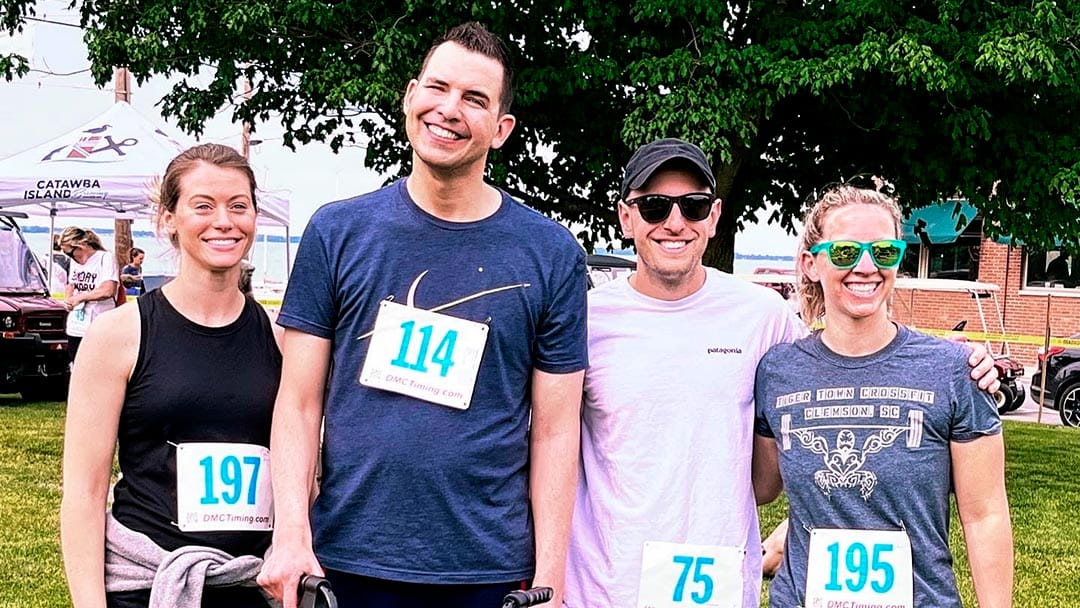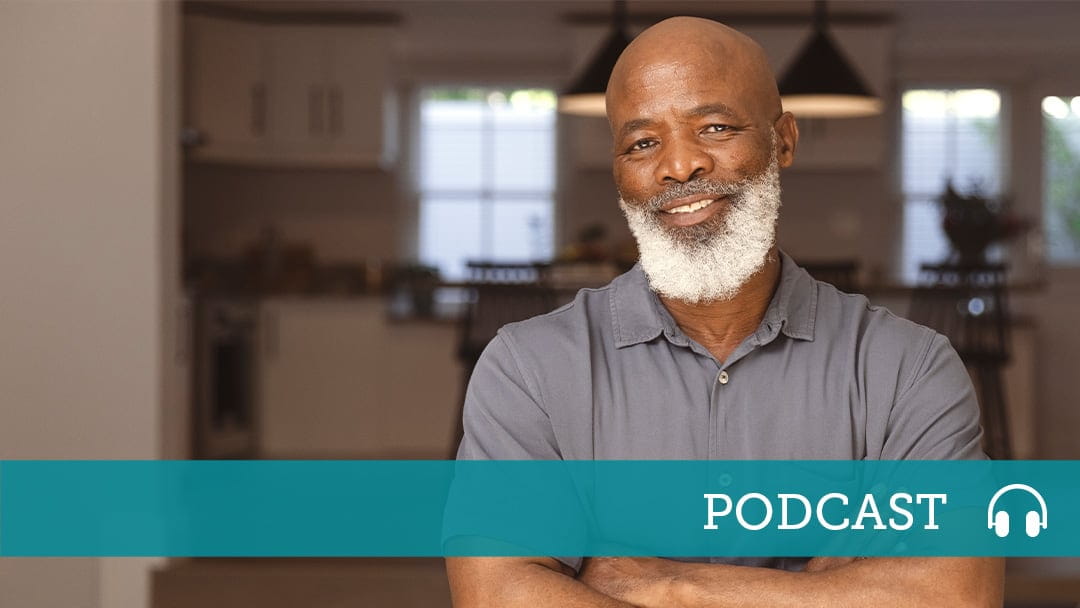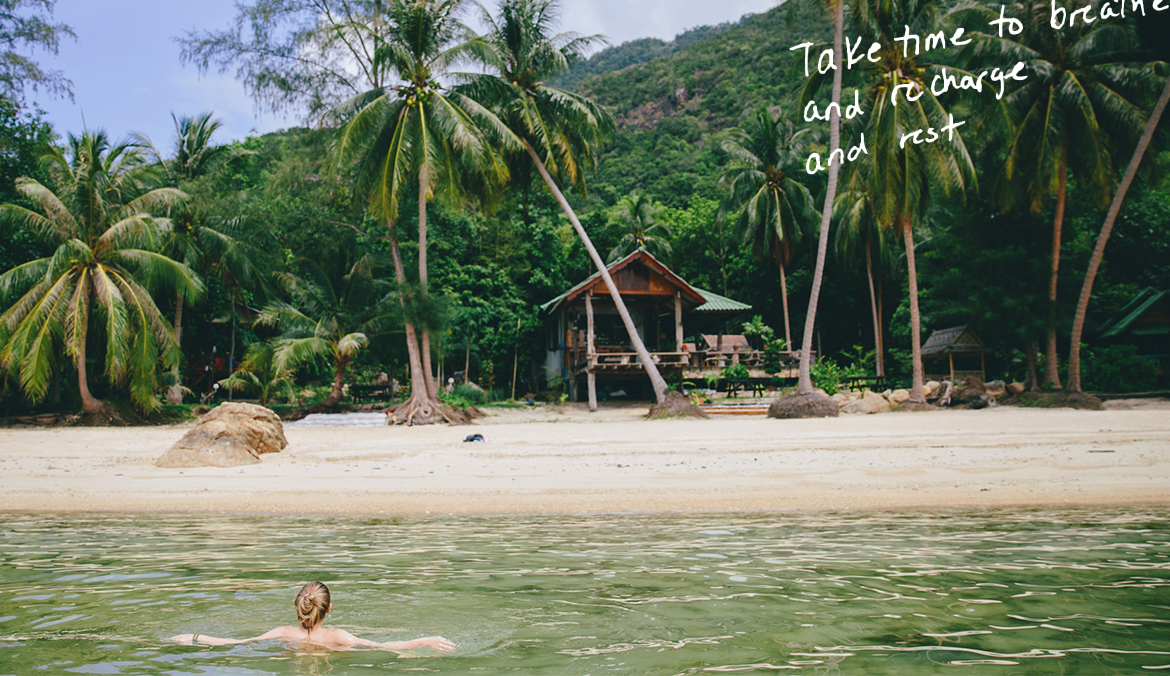
In a world the place hustle tradition dominates, even holidays can really feel like one other factor to “obtain.” You realize the drill: jam-packed itineraries, early wake-up calls to hit vacationer hotspots, and post-trip exhaustion that leaves you feeling such as you want a trip from your trip. However because the collective burnout units in, there’s a refreshing new development that’s altering the best way we take into consideration journey in 2025: restorative tourism.
Consultants in This Article
Angela Cavis
Restorative tourism is all about reclaiming holidays because the true break they’re meant to be. One of these vacationing is much less about ticking landmarks off a listing and extra about discovering locations and experiences that really show you how to recharge. Suppose sluggish mornings, wellness-focused itineraries, and quiet moments in tranquil settings, the place the most important determination of the day could be selecting between a therapeutic massage or a nap. It’s a motion centered on relaxation, leisure, and psychological rejuvenation—one thing we’ve collectively overlooked within the final decade of content-driven dwelling.
“Vacationers are more and more prioritizing significant connections, not solely with the locations they go to, but additionally with themselves.” says Angela Cavis, the director of communications for Reserving.com. “This shift is inspiring many to hunt experiences that provide real relaxation and renewal, to allow them to return residence feeling an elevated sense of well-being.” Our collective want for relaxation and sleep has even led some inns to supply focused sleep packages designed that will help you decelerate and switch off. It’s a development (and demand) that reveals no signal of stopping.
What’s fueling the rise of restorative tourism? For starters, we’re drained, each bodily and psychologically. On common, we spend eight hours working every day (or 24 hours, in case you’re a dad or mum), and seven hours of simply observing our screens. We verify our telephones almost 100 instances a day, and even once we’re given the choice to “flip off,” 40 p.c of us nonetheless don’t take all of our trip time.
Unsurprisingly, we’re additionally stressed. Half of all adults declare they’re “ceaselessly” harassed, per a 2023 Gallup ballot, with ladies ages 18 to 49 reporting to be the “most harassed.” And it doesn’t assist that we’re not sleeping both. Based on the CDC, one in three adults is sleep disadvantaged, with 20 p.c of us sleeping lower than 5 hours each evening, per Gallup.
Fortunately, there appears to be a shift in how we view exhaustion as a society, and the way far we’re prepared to go to reclaim our relaxation. Based on Reserving.com’s 2025 Journey Predictions, many individuals are realizing {that a} restful trip isn’t essentially indulgent (if, in fact, you may afford it); as an alternative, these getaways can really feel important. “Vacationers are reshaping their priorities to deal with locations and experiences that promote a more healthy, extra fulfilling life,” says Cavis. Customers are not viewing downtime as “losing time,” however as one thing that may enhance their bodily and psychological well-being.
Restorative tourism can look totally different for everybody. For some, it’d imply lounging on a quiet seashore and interesting in therapeutic sound rituals, like at New York’s Shou Sugi Ban Home spa resort that’s designed with wellness in thoughts (assume holistic arts practices and alcohol-free eating). For others, it may imply checking right into a tiny rustic cabin (see Postcard Cabins) within the mountains, the place the one plan is to unplug and re-connect with nature.
Mainly, there’s no proper or fallacious option to restorative tourism—so long as you get the remainder you deserve. So subsequent time you’re planning a getaway, why not reduce down the itinerary and embrace a visit that’s actually restorative? Your thoughts and physique will thanks for it—and also you would possibly simply return residence with one thing extra useful than simply memento pictures.


